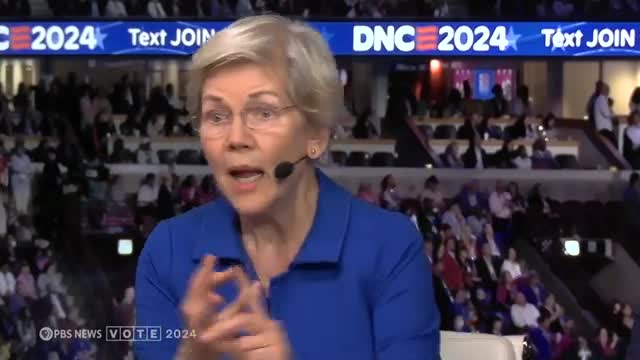Harris targets inflation with ambitious housing plan
This article was created by AI summarizing key points discussed. AI makes mistakes, so for full details and context, please refer to the video of the full meeting. Please report any errors so we can fix them. Report an error »

In a recent government meeting, discussions centered on President Harris's commitment to addressing rising costs for families, particularly through her housing proposal aimed at increasing supply. The president emphasized the need for a strategic approach to combat inflation, moving beyond traditional methods of simply providing financial assistance. Instead, she advocates for the construction of 3 million new housing units across the United States, which she believes will help lower rents and provide opportunities for first-time homebuyers, seniors, and individuals with disabilities.
Supporters of the plan praised its focus on increasing housing availability rather than merely injecting more money into the economy, a strategy that has been criticized for failing to yield long-term solutions over the past few decades. However, questions arose regarding the financial feasibility of such ambitious initiatives. Concerns were raised about how a potential Harris administration could fund these proposals without exacerbating inflation, especially in light of previous spending by President Biden and the Democrats aimed at greening the economy and repairing infrastructure.
The meeting highlighted a critical balancing act: the need for substantial investment in housing and other social programs while maintaining economic stability. As the administration moves forward, the challenge will be to develop a sustainable funding strategy that supports working families without further inflating costs.
Supporters of the plan praised its focus on increasing housing availability rather than merely injecting more money into the economy, a strategy that has been criticized for failing to yield long-term solutions over the past few decades. However, questions arose regarding the financial feasibility of such ambitious initiatives. Concerns were raised about how a potential Harris administration could fund these proposals without exacerbating inflation, especially in light of previous spending by President Biden and the Democrats aimed at greening the economy and repairing infrastructure.
The meeting highlighted a critical balancing act: the need for substantial investment in housing and other social programs while maintaining economic stability. As the administration moves forward, the challenge will be to develop a sustainable funding strategy that supports working families without further inflating costs.
Don't Miss a Word: See the Full Meeting!
Go beyond summaries. Unlock every video, transcript, and key insight with a Founder Membership.
✓
Get instant access to full meeting videos
✓
Search and clip any phrase from complete transcripts
✓
Receive AI-powered summaries & custom alerts
✓
Enjoy lifetime, unrestricted access to government data
30-day money-back guarantee
